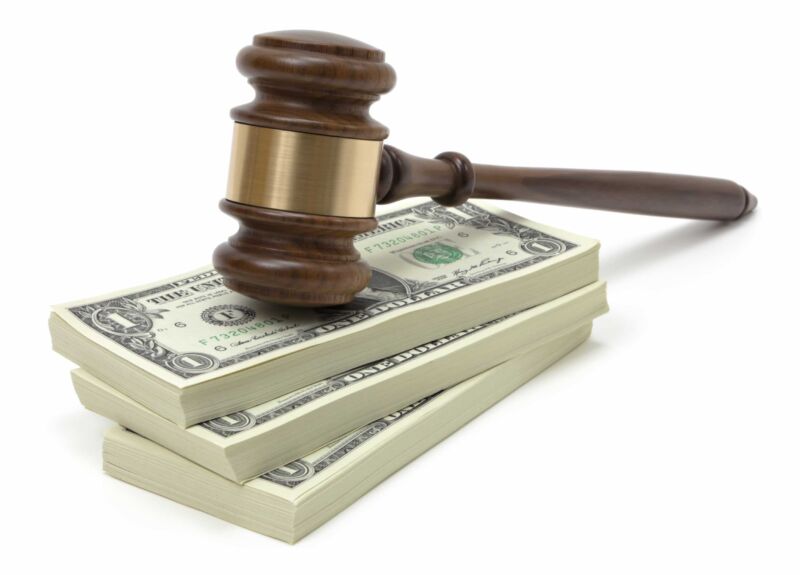Court upholds New York law that says ISPs must offer $15 broadband

A federal appeals court today reversed a ruling that prevented New York from enforcing a law requiring Internet service providers to sell $15 broadband plans to low-income consumers. The ruling is a loss for six trade groups that represent ISPs, although it isn’t clear right now whether the law will be enforced.
New York’s Affordable Broadband Act (ABA) was blocked in June 2021 by a US District Court judge who ruled that the state law is rate regulation and preempted by federal law. Today, the US Court of Appeals for the 2nd Circuit reversed the ruling and vacated the permanent injunction that barred enforcement of the state law.
For consumers who qualify for means-tested government benefits, the state law requires ISPs to offer “broadband at no more than $15 per month for service of 25Mbps, or $20 per month for high-speed service of 200Mbps,” the ruling noted. The law allows for price increases every few years and makes exemptions available to ISPs with fewer than 20,000 customers.
“First, the ABA is not field-preempted by the Communications Act of 1934 (as amended by the Telecommunications Act of 1996), because the Act does not establish a framework of rate regulation that is sufficiently comprehensive to imply that Congress intended to exclude the states from entering the field,” a panel of appeals court judges stated in a 2-1 opinion.
Trade groups claimed the state law is preempted by former Federal Communications Commission Chairman Ajit Pai’s repeal of net neutrality rules. Pai’s repeal placed ISPs under the more forgiving Title I regulatory framework instead of the common-carrier framework in Title II of the Communications Act.
2nd Circuit judges did not find this argument convincing:
Second, the ABA is not conflict-preempted by the Federal Communications Commission’s 2018 order classifying broadband as an information service. That order stripped the agency of its authority to regulate the rates charged for broadband Internet, and a federal agency cannot exclude states from regulating in an area where the agency itself lacks regulatory authority. Accordingly, we REVERSE the judgment of the district court and VACATE the permanent injunction.
Be careful what you lobby for
The judges’ reasoning is similar to what a different appeals court said in 2019 when it rejected Pai’s attempt to preempt all state net neutrality laws. In that case, the US Court of Appeals for the District of Columbia Circuit said that “in any area where the Commission lacks the authority to regulate, it equally lacks the power to preempt state law.” In a related case, ISPs were unable to block a California net neutrality law.
Several of the trade groups that sued New York “vociferously lobbied the FCC to classify broadband Internet as a Title I service in order to prevent the FCC from having the authority to regulate them,” today’s 2nd Circuit ruling said. “At that time, Supreme Court precedent was already clear that when a federal agency lacks the power to regulate, it also lacks the power to preempt. The Plaintiffs now ask us to save them from the foreseeable legal consequences of their own strategic decisions. We cannot.”
Judges noted that there are several options for ISPs to try to avoid regulation:
If they believe a requirement to provide Internet to low-income families at a reduced price is unfair or misguided, they have several pathways available to them. They could take it up with the New York State Legislature. They could ask Congress to change the scope of the FCC’s Title I authority under the Communications Act. They could ask the FCC to revisit its classification decision, as it has done several times before But they cannot ask this Court to distort well-established principles of administrative law and federalism to strike down a state law they do not like.
Coincidentally, the 2nd Circuit issued its opinion one day after current FCC leadership reclassified broadband again in order to restore net neutrality rules. ISPs might now have a better case for preempting the New York law. The FCC itself won’t necessarily try to preempt New York’s law, but the agency’s net neutrality order does specifically reject rate regulation at the federal level.
https://arstechnica.com/?p=2020332